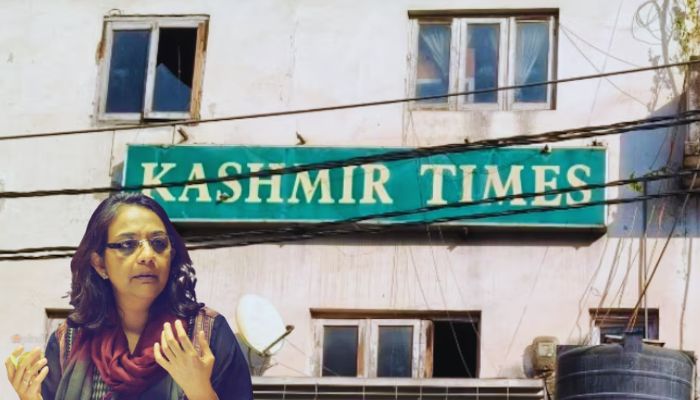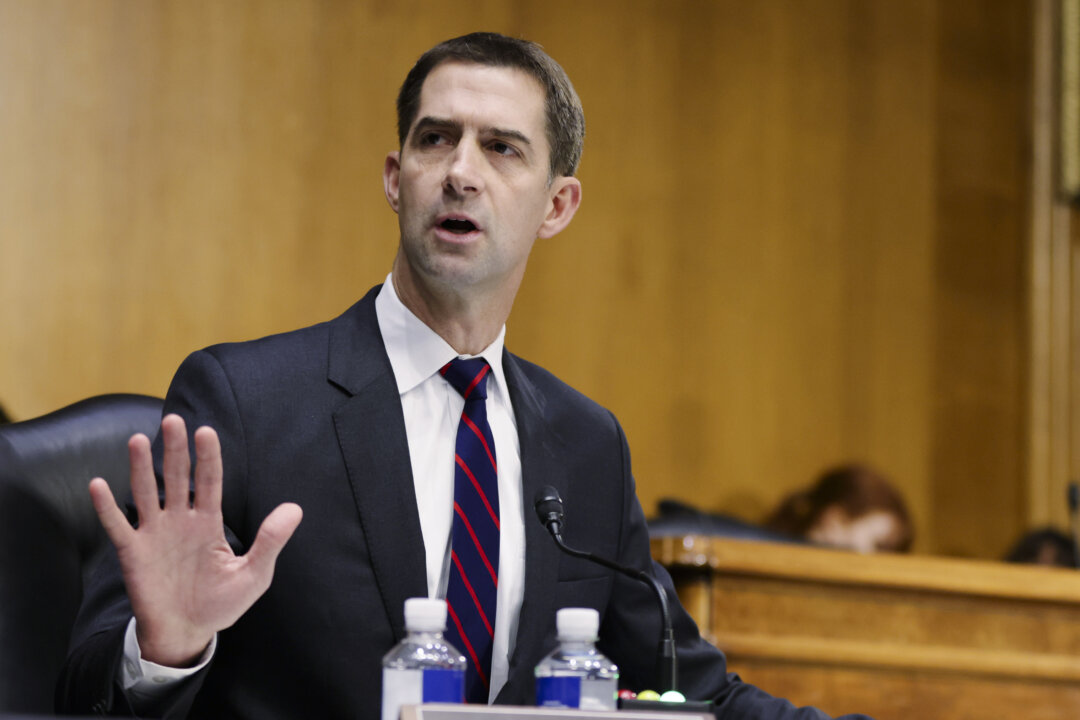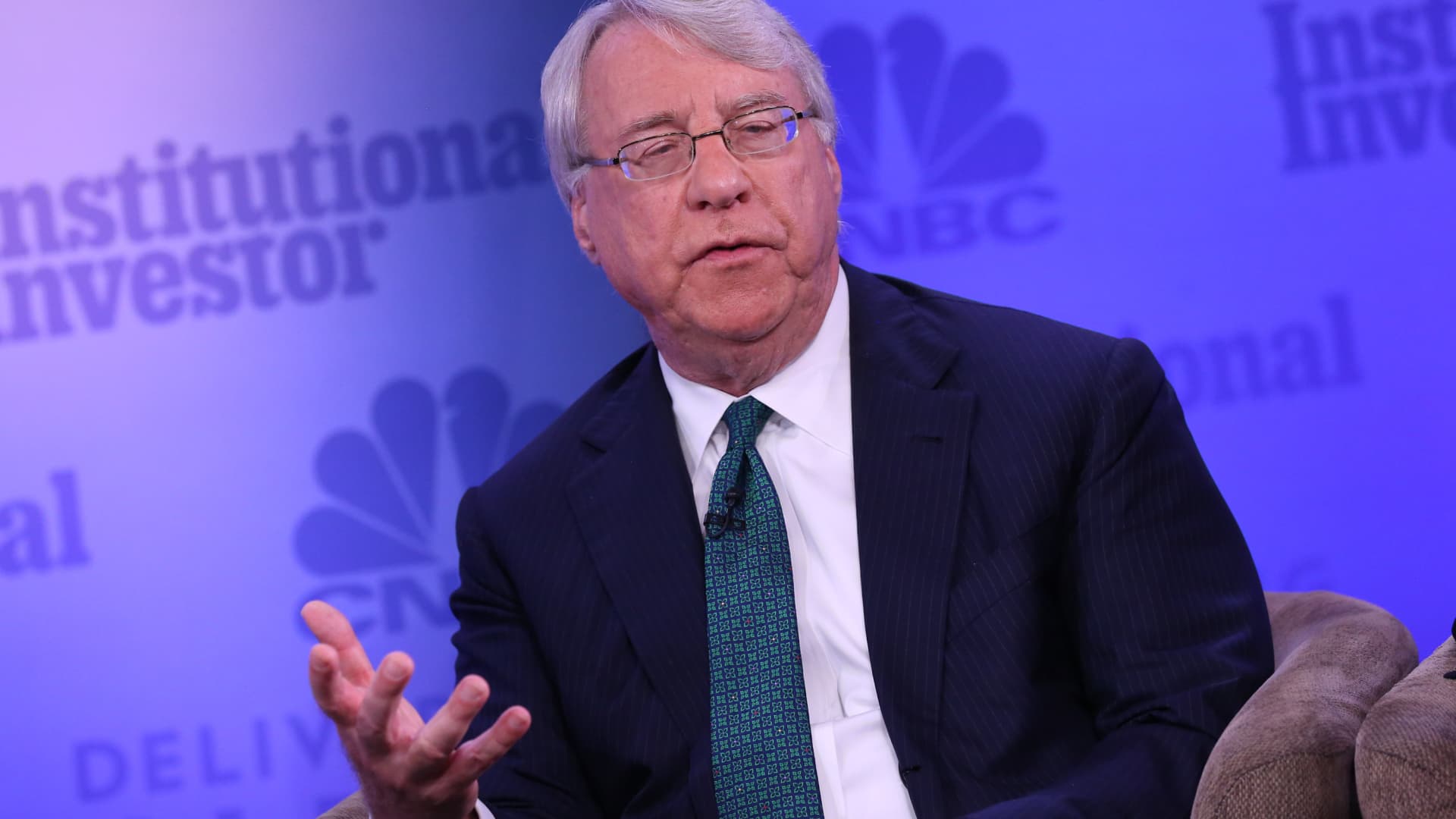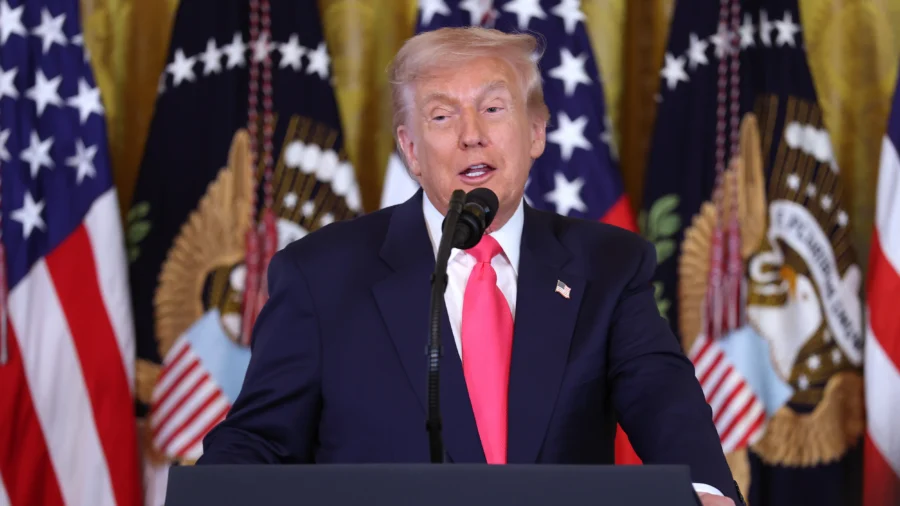The opposition parties, its liberal ecosystem is outraged because the judiciary refused to dismantle the constitution and uphold separation of power: Selective outrage and hypocrisy
On 20th November, the Supreme Court overturned the deadlines it had previously established for the President and Governors to take action on bills passed by parliament and state legislatures. According to the Constitution Bench, imposing strict deadlines or establishing the concept of “deemed assent” amounts to exceeding judicial bounds and meddling with the authority granted to constitutional officials. A bench led by Chief Justice BR Gavai was replying to a Presidential reference on its 8th April judgement regarding Tamil Nadu Governor RN Ravi and his friction with the Dravida Munnetra Kazhagam government. The court stated that it was merely serving in a “advisory” capacity when it started the fresh hearing in August. Afterward, it pronounced that the President or a Governor’s acts are not “justiciable” or subject to trial and judicial review can only be utilised when a bill transforms into law. The court asserted that since Articles 200 and 201, which deal with the assent process for state bills, purposefully contain ambiguous language like “as soon as possible,” the court cannot turn this into rigid timetables. Opposition parties lash out after the decision After the decision was pronounced, the opposition along with its ecosystem and left-liberal faction expectedly expressed their anger and frustration. The cabal, which repeatedly accuses the ruling coalition led by the Bharatiya Janata Party of undermining and intimidating the judiciary, did not hesitate to reveal its fangs and attack the Supreme Court, as the verdict did not align with their preferred outcome. The Chief Minister of Tamil Nadu, MK Stalin asserted that their struggle for “state rights” and “true federalism” will persist, declaring that they will not stop until the Constitution is amended to establish timelines for Governors to approve bills. He proceeded to outline some points from the latest order as well as other judgments which allegedly endorsed his argument. “When even a high Constitutional Authority breaches the Constitution, the Constitutional Courts are the only remedy, and the doors of the Court must not be closed,” he added and claimed that otherwise it would promote constitutional violations by politically motivated governors and weaken the rule of law in “our Constitutional democracy.” Our fight for State rights and true federalism will continue! No rest until amending the Constitution to fix timelines for Governors to clear Bills!The Supreme Court’s opinion in its answer to the Presidential Reference will have no impact on the April 8, 2025 judgment… pic.twitter.com/YHnD6pxs7c— M.K.Stalin – தமிழ்நாட்டை தலைகுனிய விடமாட்டேன் (@mkstalin) November 21, 2025 Notably, the DMK is an integral part of the Congress-led I.N.D.I. Alliance which contested the 2024 Lok Sabha election by falsely accusing the BJP of attempting to undermine and alter the constitution to fit its agenda. However, the DMK leader now openly expressed its intention to modify the constitution to serve its objectives. It appears that amending the constitution is only viewed illegal when it pertains to the saffron party, as demonstrated by the numerous changes to the constitution made by Congress-led governments to align with their agenda. Any decision that does not cater to the political interests of the DMK which is notorious for prioritising language and regional politics at the expense of national unity and interests, likewise becomes a battleground for it where the opposing side is repeatedly charged with infringing upon the Constitution or state rights without any merit. The communists were similarly displeased with the decision. The Communist Party of India conveyed its “disappointment” and referred to the Governor as “unelected authority” as well as his position position as “unelelcted colonial-era office.” It stated that the federal framework was under stress amid growing centralisation and even requested Parliament to regulate the Governor’s “interference.” CPI Expresses Disappointment Over Supreme Court’s Opinion on the Presidential Reference on Governor’s Assent to Bills pic.twitter.com/4YtHl4e6VW— CPI – Communist Party of India (@CPI_National) November 21, 2025 The office of the governor has allegedly transformed into a colonial burden and the BJP’s victory is accountable for the pressure on the federal structure, according to the party. Interestingly, these issues had not posed a problem until now as the opposition was in a position of power until 2014. The history of how the Governors were utilised as an extension of then centre governments is also well documented. These statements are rife with glaring hypocrisy and double standards alongside a brazen strategy designed to exert pressure on the judiciary to yield to the opposition’s demands. Likewise, M A Baby, the General Secretary of CPI (Marxist) described the decision as “deplorable and shocking.” He claimed that the courts should not be relucta



On 20th November, the Supreme Court overturned the deadlines it had previously established for the President and Governors to take action on bills passed by parliament and state legislatures. According to the Constitution Bench, imposing strict deadlines or establishing the concept of “deemed assent” amounts to exceeding judicial bounds and meddling with the authority granted to constitutional officials.
A bench led by Chief Justice BR Gavai was replying to a Presidential reference on its 8th April judgement regarding Tamil Nadu Governor RN Ravi and his friction with the Dravida Munnetra Kazhagam government. The court stated that it was merely serving in a “advisory” capacity when it started the fresh hearing in August. Afterward, it pronounced that the President or a Governor’s acts are not “justiciable” or subject to trial and judicial review can only be utilised when a bill transforms into law.
The court asserted that since Articles 200 and 201, which deal with the assent process for state bills, purposefully contain ambiguous language like “as soon as possible,” the court cannot turn this into rigid timetables.
Opposition parties lash out after the decision
After the decision was pronounced, the opposition along with its ecosystem and left-liberal faction expectedly expressed their anger and frustration. The cabal, which repeatedly accuses the ruling coalition led by the Bharatiya Janata Party of undermining and intimidating the judiciary, did not hesitate to reveal its fangs and attack the Supreme Court, as the verdict did not align with their preferred outcome.
The Chief Minister of Tamil Nadu, MK Stalin asserted that their struggle for “state rights” and “true federalism” will persist, declaring that they will not stop until the Constitution is amended to establish timelines for Governors to approve bills. He proceeded to outline some points from the latest order as well as other judgments which allegedly endorsed his argument.
“When even a high Constitutional Authority breaches the Constitution, the Constitutional Courts are the only remedy, and the doors of the Court must not be closed,” he added and claimed that otherwise it would promote constitutional violations by politically motivated governors and weaken the rule of law in “our Constitutional democracy.”
— M.K.Stalin – தமிழ்நாட்டை தலைகுனிய விடமாட்டேன் (@mkstalin) November 21, 2025
Our fight for State rights and true federalism will continue!
No rest until amending the Constitution to fix timelines for Governors to clear Bills!
The Supreme Court’s opinion in its answer to the Presidential Reference will have no impact on the April 8, 2025 judgment… pic.twitter.com/YHnD6pxs7c
Notably, the DMK is an integral part of the Congress-led I.N.D.I. Alliance which contested the 2024 Lok Sabha election by falsely accusing the BJP of attempting to undermine and alter the constitution to fit its agenda. However, the DMK leader now openly expressed its intention to modify the constitution to serve its objectives.
It appears that amending the constitution is only viewed illegal when it pertains to the saffron party, as demonstrated by the numerous changes to the constitution made by Congress-led governments to align with their agenda.
Any decision that does not cater to the political interests of the DMK which is notorious for prioritising language and regional politics at the expense of national unity and interests, likewise becomes a battleground for it where the opposing side is repeatedly charged with infringing upon the Constitution or state rights without any merit.
The communists were similarly displeased with the decision. The Communist Party of India conveyed its “disappointment” and referred to the Governor as “unelected authority” as well as his position position as “unelelcted colonial-era office.” It stated that the federal framework was under stress amid growing centralisation and even requested Parliament to regulate the Governor’s “interference.”
CPI Expresses Disappointment Over Supreme Court’s Opinion on the Presidential Reference on Governor’s Assent to Bills pic.twitter.com/4YtHl4e6VW
— CPI – Communist Party of India (@CPI_National) November 21, 2025
The office of the governor has allegedly transformed into a colonial burden and the BJP’s victory is accountable for the pressure on the federal structure, according to the party. Interestingly, these issues had not posed a problem until now as the opposition was in a position of power until 2014. The history of how the Governors were utilised as an extension of then centre governments is also well documented.
These statements are rife with glaring hypocrisy and double standards alongside a brazen strategy designed to exert pressure on the judiciary to yield to the opposition’s demands.
Likewise, M A Baby, the General Secretary of CPI (Marxist) described the decision as “deplorable and shocking.” He claimed that the courts should not be reluctant to play a significant role to maintain appropriate checks and balances between the Legislature, the Executive and the Judiciary.
The Supreme Court's answer in response to the Presidential Reference is deplorable and shocking. Courts shouldn't hesitate to play a meaningful role in ensuring proper checks and balances between the Legislature, the Executive and the Judiciary.
— M A Baby (@MABABYCPIM) November 20, 2025
On the one hand, the SC says that…
Baby wrote, “On the one hand, the SC says that a timeline cannot be set for granting assent to bills and on the other, they say that the court can exercise a limited power of judicial review to direct the Governor to decide in a time-bound manner.” He asked that who will now determine what constitutes a time-bound manner and added that the judiciary must uphold its constitutional obligations.
The audacious effort to influence the judiciary to operate according to the inclinations and desires of the opposition, under the pretext of obligations and duty, is truly astonishing.
Islamist apologist, liberal gang voice its indignation
Rajdeep Sardesai criticised the Supreme Court for evading the issue when governors are alleged to function as biased representatives of the central government. The proponents of independent judiciary clearly do not hesitate to reveal their true intentions when the courts don’t endorse their propaganda.
Big story: SC constitution bench does a classic ‘balancing’ act: says apex court cannot impose timelines on President/Governors to take decisions on pending bills but governors cannot sit on bills indefinitely. Clearly, no one wants to rock the boat even as governors are accused…
— Rajdeep Sardesai (@sardesairajdeep) November 20, 2025
Jihadi propagandist and Islamist cheerleader Apoorvanand stripped away all pretense and directly accused the Chief Justices of the Supreme Court of issuing verdicts that favor the BJP. He suggested that the justices, including BR Gavai, are essentially puppets of the central government. This sinister group does not even shy away from humiliating the judiciary when it fails to conform to their agenda.
CJI after CJI: Make life easy for the BJP-led union govt, obstruct opposition-ruled govts. And then we ask why the opposition is weak!
— Apoorvanand अपूर्वानंद (@Apoorvanand__) November 20, 2025
SC clarifies Governor’s powers: How it answered 14 questions referred by President https://t.co/Yvk1TheDcI via @IndianExpress
RK Radhakrishnan of the Frontline (from the Hindu group) similarly accused BR Gavai, who will demit office on 23rd November, of acting on behalf of the center and added that the verdict was as a “parting gift” which has diminished the states to the extent of being at the mercy of Governors like RN Ravi. He even wrote an article on the same.
Gavai’s parting gift has weakened States to the point of being at the mercy of the RN Ravis of India. My piece for @frontline_india: Supreme Court ruling on Governor powers raises concerns over delays in State Bills https://t.co/7NupmEJxIc
— RadhakrishnanRK, PhD. (@RKRadhakrishn) November 20, 2025
Radhakrishnan took it a step further and retweeted a post further insulting the Chief Justice, asserting that he “tried to throw stones on the settled water feeding the socially marginalised SC/STs to give room for those awaiting to fish out of it. I think he’s has lost the stability after the chappal incident.”
Not only gifted to the weakened states but also tried to throw stones on the settled water feeding the socially marginalised SC/STs to give room for those awaiting to fish out of it. I think he's has lost the stability after the chappal incident. pic.twitter.com/XX5y16MI3z
— SANKARA (சங்கர…) (@Sivasankaramuni) November 20, 2025
These people seized every opportunity to claim casteism whenever there was any criticism or attack on the chief justice. However, the appearance of respecting the judiciary quickly dissolved in light of the agenda.
These responses were merely the tip of the iceberg, as the opposition parties and their supporters attacked the highest court and the judges without any regard for maintaining the dignity of such a crucial institution that they insist to hold in high esteem. All this vitriol directed at the Supreme Court was only because it adhered to its Constitutional role, refused to upend the Constitution and maintained the separation of powers.
Conclusion
The opposition has consistently claimed to support the judiciary and the courts, alleging that the BJP intends to subvert constitutional institutions. Nevertheless, they have not refrained from displaying their ugly face whenever the courts have declined to support the opposition’s agenda. This was evident in 2018 when the opposition sought to “clean up the judiciary” and accused the prime minister of repressing democracy.
“BJP has created a new record. They have created a situation where judges had to conduct a press conference, they triggered judicial mutiny. All this happened because Justice Loya death case bench was changed, and Loya was hearing a case in which BJP national president was involved,” senior Congress MLA K N Rajanna claimed, in that year.
The same story has recurred time and again, even regarding the judgment of Ram Mandir. The fundamental issue for the opposition and its supporters is this: the judiciary will only be respected if it submits to their demands and if the judges attempt to act independently and in accordance with the Constitution, they will not only be insulted and demeaned but also have aspersions cast on their impartiality. They will not show any reluctance in modifying the Constitution to fit their agenda.
The terms “independent judiciary” just like “neutral constitutional bodies” are employed by these parties and their supporters to mislead the public and voters and casting the BJP in a negative light. The courts akin to other institutions serve as mere stepping stones for them to impose their own agendas and political objectives. Consequently, these arms of Indian democracy are either celebrated or vilified based on whether the verdicts align with or contradict the opposition’s ideology.






































































